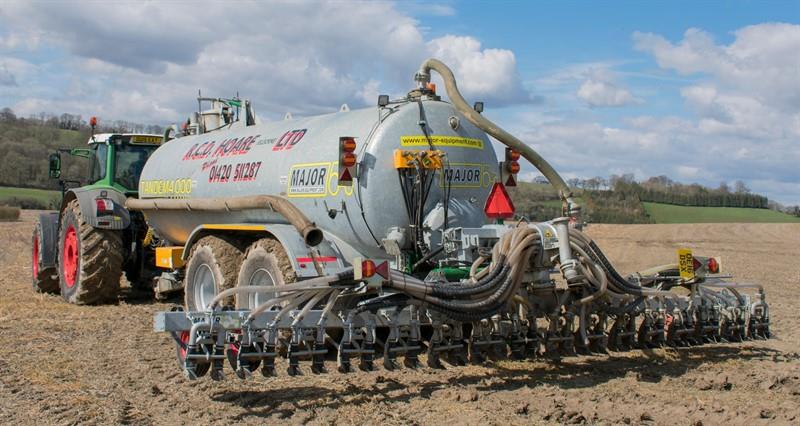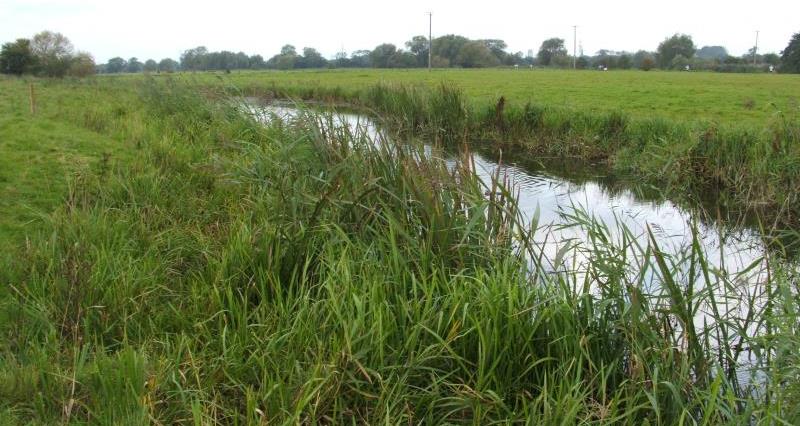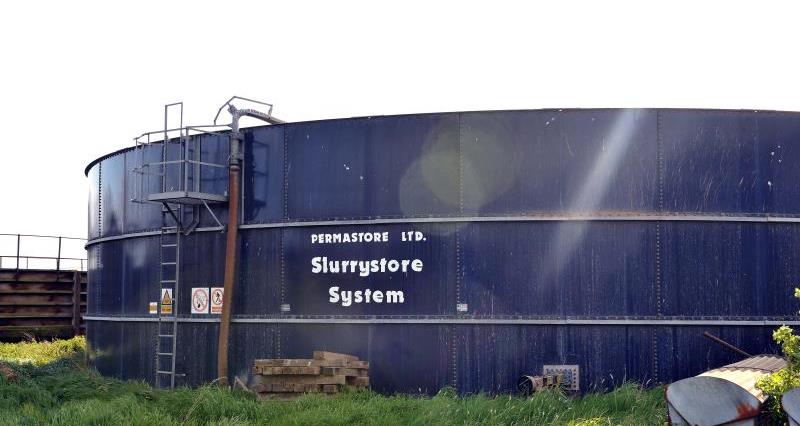Slurry applications are a valuable source of nutrients, helping to meet the needs of soils and crops, and this also helps to store water and carbon in the soil through the addition of organic matter.
If you have struggled to make applications this year, and have concerns around storage over the winter months, you should contact the Environment Agency.
The EA (Environment Agency) has online guidance around preventing agricultural pollution in exceptional circumstances – though current conditions may not meet this threshold.
Exceptional circumstances are defined as not common, usual, or reasonably expected; for example, the long summers of 1976 and 2018, major flooding, and major disruptions to agriculture and food supply.
The guidance says that exceptional circumstances do not include those which can be planned for and gives wetter than average winter rainfall as an example.
Farmers are asked to contact the EA where their slurry store is at risk of overflowing, they cannot avoid spreading and there is a risk of runoff, or there is a risk of breaching regulations such as NVZs (nitrate vulnerable zones)
Farmers are also asked to have a contingency plan in place to avoid causing pollution during exceptional circumstances, following a hierarchy of options:
- Store the slurry or milk at the place of production.
- Store the slurry or milk at the place of use.
- Dispose of the slurry or milk at an off-site anaerobic digestion plant or other effluent treatment plant, including at a sewage treatment works – milk can only go to permitted anaerobic digestion sites.
- Store the slurry or milk off-site.
- Spread the slurry or milk on low run-off risk land.
The guidance says that farmers should look to reduce slurry production, install temporary storage where needed, and only spread at low rates on low runoff risk land.
Contact the Environment Agency
Email: [email protected]
Telephone from Monday to Friday, 8am – 6pm: 03708 506 506
Telephone from outside the UK (Monday to Friday, 8am to 6pm GMT) +44 (0) 114 282 5312
Call the environment incident hotline on 0800 80 70 60 out of hours or in an emergency.
Address: National Customer Contact Centre
PO Box 544
Rotherham
S60 1BY
Our NFU CallFirst service can also help direct you to an NFU adviser. Contact CallFirst on 0370 845 8458.


